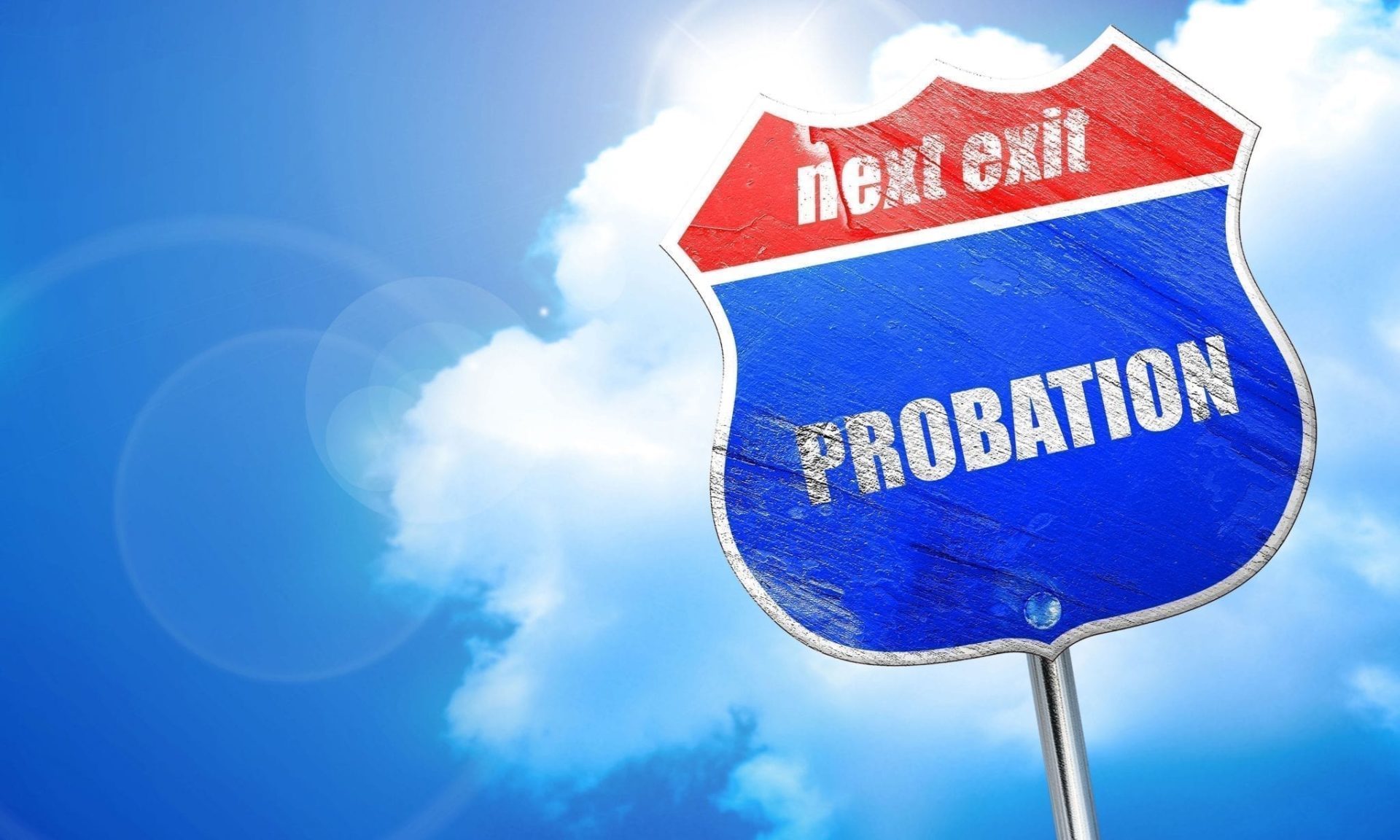Know the Consequences If Your Chicago Teen Is Charged with Stealing
Stealing or shoplifting is one of the most common teenage crimes.
According to statistics put out by the National Association for Shoplifting Prevention, 25 percent of shoplifters are kids, and 55 percent of adult shoplifters say they got started in their teens.
Knowing this, it’s good to be prepared – as a parent – in the event that your Chicago teen is charged with stealing. Let’s review the theft laws here in Illinois and what the consequences might be for a juvenile who is caught.
Illinois Theft Laws
Stealing is another word for theft. Theft offenses generally involve someone taking something that is not theirs and
- Intending to deprive the owner permanently of the use or benefit of the property;
- Knowingly using, concealing, or abandoning the property in such manner as to deprive the owner permanently of such use or benefit; or
- Using, concealing, or abandoning the property knowing such use, concealment, or abandonment probably will deprive the owner permanently of such use or benefit.
Along with things such as hiding a stolen item under a jacket or in a purse, theft also includes altering price labels, removing a shopping cart without consent, using or possessing a theft detection device, and more.
Depending on the value of the stolen property and where the item was stolen from – school, place of worship, or government property – theft could be a misdemeanor or felony offense.
If the stolen property is worth less than $500, the suspect could be charged with a Class A misdemeanor. Class A misdemeanors are punished by up to one year in jail, up to two years of probation, and a fine up to $2,500.
If the stolen property is worth more than $500 or the property is from a person, the crime is elevated to a felony offense.
How Is a Juvenile Affected By Illinois’ Theft Laws?
Many people believe that a juvenile charged with a crime should be treated the same way as an adult. However, kids have a better chance to turn their life around if they have the opportunity to be rehabilitated instead of simply going to a detention center to serve their time.
Thankfully, if your teen is charged with stealing, he or she will have a good chance at avoiding the penalties typically given to an adult. This year, our state even reformed juvenile crime laws not only to benefit juveniles who have been charged with a crime, but also to reduce the overall Illinois prison population.
Here are a few of the key changes:
- During the interrogation process, all children under the age of 15 must have a lawyer present.
- Juveniles who are charged or arrested for a crime before they turn 18 can have their criminal record expunged.

- Probationary periods have been reduced for juveniles so they can serve their time and get back to being a productive citizen faster.
- If a child is between 18 and 26 and charged with a nonviolent crime, he or she might be able to do community service through the Restorative Justice Community Court.
While these changes are beneficial to juveniles, the circumstances of the alleged crime will be especially important in determining the consequences your teenager might face. If your child was charged with stealing, contact an experienced Illinois juvenile crimes lawyer as soon as possible to discuss your teen’s situation and determine the best way to proceed so your child can beat the charges and get on with their life.
About the Author:
Andrew M. Weisberg is a former felony prosecutor who now serves as a defense attorney in the greater Chicago area. He has extensive experience in handling all types of criminal cases, from sex offenses and domestic violence to retail theft-related crimes, murder, and drug crimes.







 Blog Home
Blog Home 










